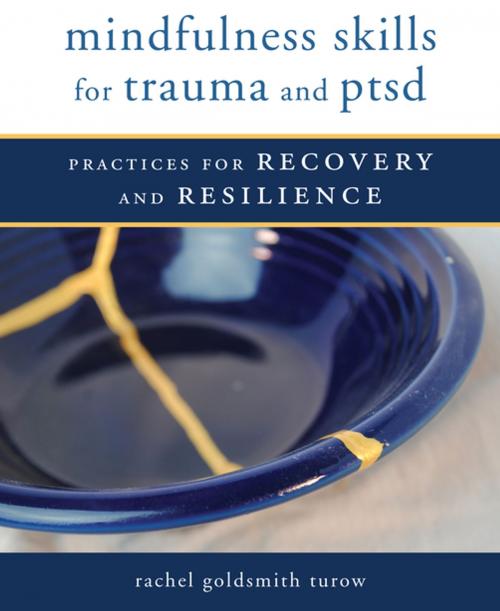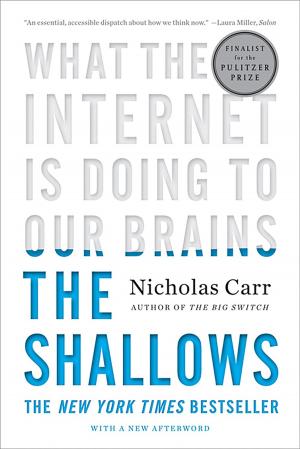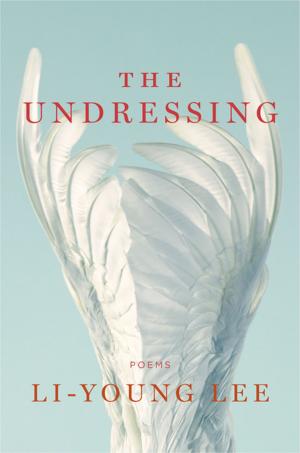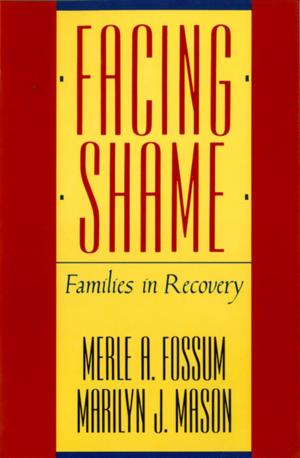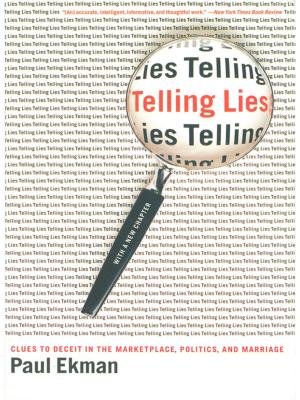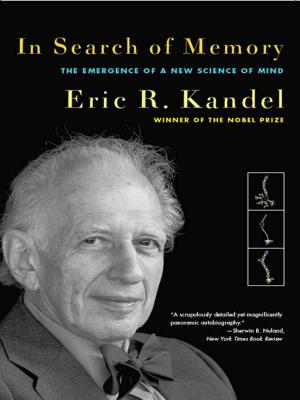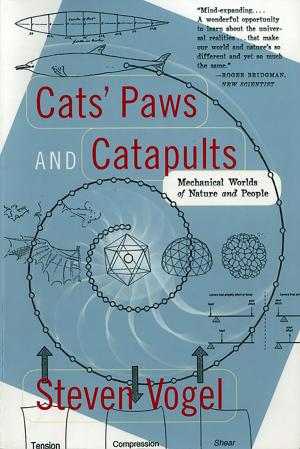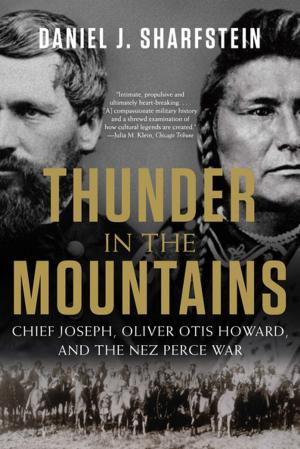Mindfulness Skills for Trauma and PTSD: Practices for Recovery and Resilience
Nonfiction, Health & Well Being, Psychology, Mental Illness, Self Help, Mental Health, Mood Disorders| Author: | Rachel Goldsmith Turow | ISBN: | 9780393711271 |
| Publisher: | W. W. Norton & Company | Publication: | February 28, 2017 |
| Imprint: | W. W. Norton & Company | Language: | English |
| Author: | Rachel Goldsmith Turow |
| ISBN: | 9780393711271 |
| Publisher: | W. W. Norton & Company |
| Publication: | February 28, 2017 |
| Imprint: | W. W. Norton & Company |
| Language: | English |
How mindfulness can help trauma survivors move to places of healing.
Trauma touches every life, but the way that we hold our pain makes a difference. Mindfulness Skills for Trauma and PTSD provides user-friendly descriptions of the many facets of traumatic stress alongside evidence-based strategies to manage trauma symptoms and build new strengths. This book is a valuable resource for trauma survivors, health professionals, researchers, mindfulness practitioners, and others seeking new pathways to recovery and resilience.
It is normal to feel anxious or depressed after trauma, and to have upsetting thoughts and memories. Instead of fighting our feelings and blaming ourselves for what are actually common responses to trauma, mindfulness practices can help us tolerate and decrease distress, cultivate kindness towards ourselves and others, make wise choices, navigate attention, improve relationships, and relax—capacities that reduce trauma symptoms and advance our overall well-being.
Practicing the small stuff can help us with the big stuff. As we learn to notice our breathing, walking, minor frustrations or daily activities with curiosity and care, we build inner resources to skillfully handle past trauma, as well as current and future challenges. Mindfulness practices can transform self-blame into self-respect and self-compassion. We can also match specific mindfulness skills to particular trauma symptoms. For example, “grounding” with the five senses can help us when we feel overwhelmed or spaced out, and loving-kindness meditation can alleviate self-criticism.
With this book, you will explore scientifically supported mindfulness practices, plus “In their own words” sections that illustrate the skills with personal stories demonstrating how mindfulness practices have helped others recover from trauma. “Research highlight” sections showcase fascinating scientific studies that form the basis for the book's approaches. As we practice effective strategies to handle a full range of experiences, we can each find new sources of hope, connection, and peace.
How mindfulness can help trauma survivors move to places of healing.
Trauma touches every life, but the way that we hold our pain makes a difference. Mindfulness Skills for Trauma and PTSD provides user-friendly descriptions of the many facets of traumatic stress alongside evidence-based strategies to manage trauma symptoms and build new strengths. This book is a valuable resource for trauma survivors, health professionals, researchers, mindfulness practitioners, and others seeking new pathways to recovery and resilience.
It is normal to feel anxious or depressed after trauma, and to have upsetting thoughts and memories. Instead of fighting our feelings and blaming ourselves for what are actually common responses to trauma, mindfulness practices can help us tolerate and decrease distress, cultivate kindness towards ourselves and others, make wise choices, navigate attention, improve relationships, and relax—capacities that reduce trauma symptoms and advance our overall well-being.
Practicing the small stuff can help us with the big stuff. As we learn to notice our breathing, walking, minor frustrations or daily activities with curiosity and care, we build inner resources to skillfully handle past trauma, as well as current and future challenges. Mindfulness practices can transform self-blame into self-respect and self-compassion. We can also match specific mindfulness skills to particular trauma symptoms. For example, “grounding” with the five senses can help us when we feel overwhelmed or spaced out, and loving-kindness meditation can alleviate self-criticism.
With this book, you will explore scientifically supported mindfulness practices, plus “In their own words” sections that illustrate the skills with personal stories demonstrating how mindfulness practices have helped others recover from trauma. “Research highlight” sections showcase fascinating scientific studies that form the basis for the book's approaches. As we practice effective strategies to handle a full range of experiences, we can each find new sources of hope, connection, and peace.
